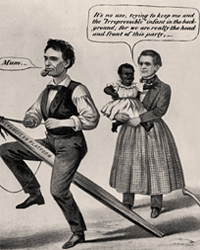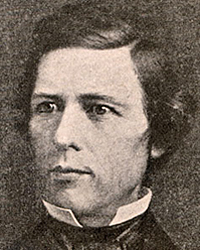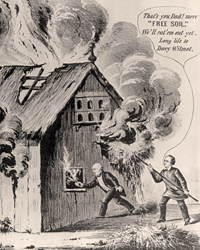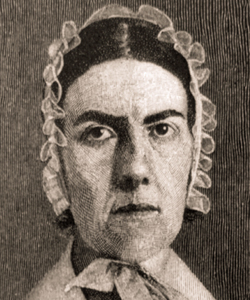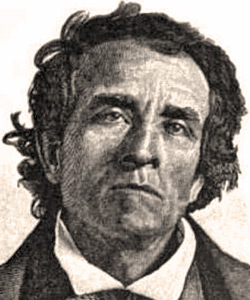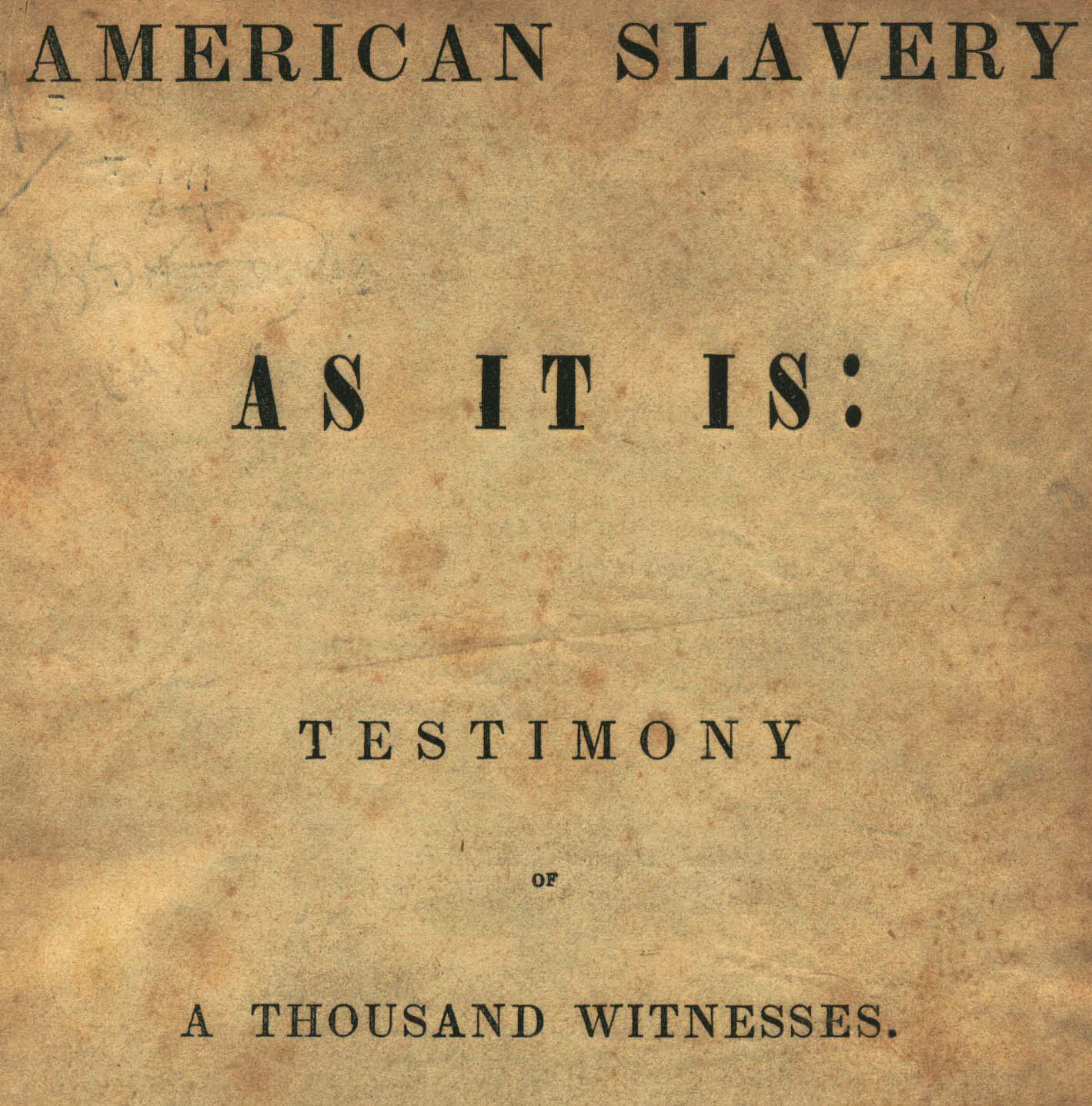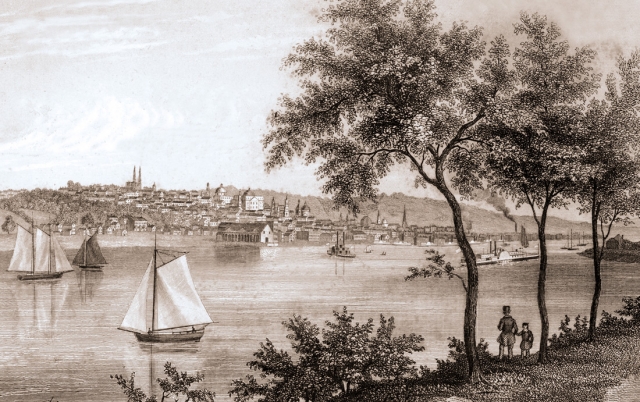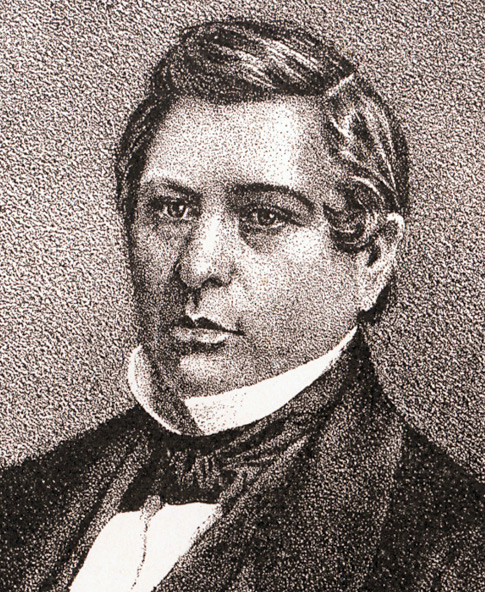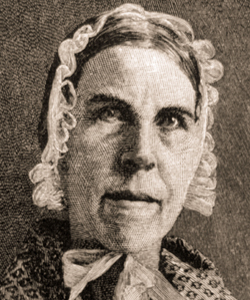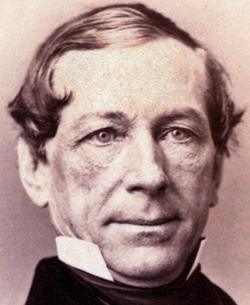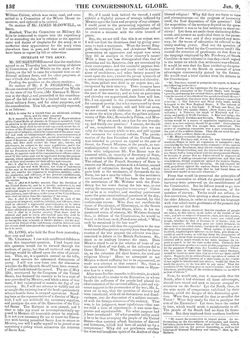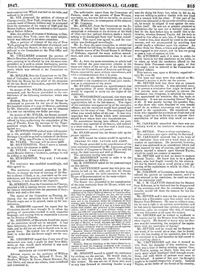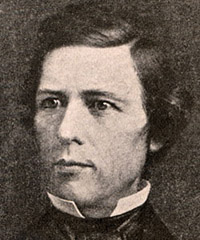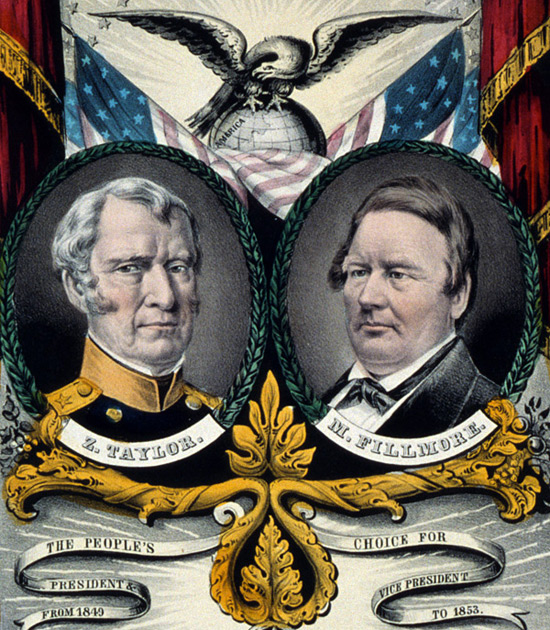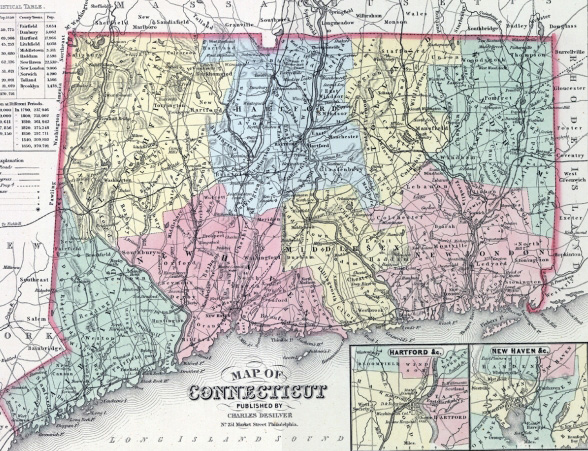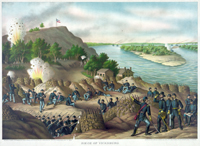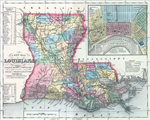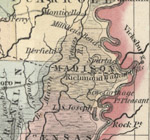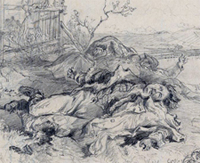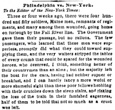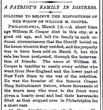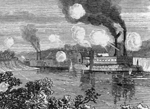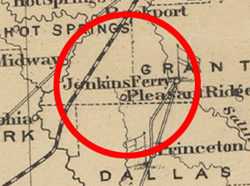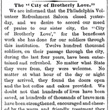While historians have long had a good fix on why David Wilmot proposed his territorial restriction on slavery in 1846, gender analysis can further elucidate how he and his allies chose to make their case. In a time-tested tactic, proslavery men moved quickly to lump Wilmot in with radical abolitionists such as Garrison, and particularly with abolitionist women. Opponents of the proviso, Northern and Southern, again and again derided the “mawkish sensibilities” and “sickly, morbid philanthropy” of free soilers. Such language was, of course, deeply gendered. According to the dominant conventions of the day, sentimentality was itself associated with femininity. In other words, women were creatures of the heart, while men were governed by reason. When politicians used the words “sickly” and “morbid” to tarnish abolitionists, they plainly meant to cast them as excessively emotional and seduced by maudlin, lurid exaggerations. Ironically, popular antislavery texts such as Angelina Grimké and Theodore Dwight Weld’s American Slavery As it Is (1839), designed by their authors to enumerate the cold, hard facts, played into the stereotype. It was both weak and unhealthy, antiabolitionists charged, to dwell obsessively on evidence of the slaves’ “suffering.”
A central preoccupation of proviso advocates was to establish the manliness of the position of nonextension, thereby to dissociate themselves from the radical abolitionism of the Grimkés and to neutralize a powerful weapon in the hands of Southern politicians. Wilmot himself repeatedly decried “squeamish sensitiveness upon the subject of slavery,” or “morbid sympathy” or “morbid sensitiveness” for blacks. He and his allies justified nonextension as a policy designed to benefit white men, by bringing the free labor system into the West. Moreover, Wilmot and his allies turned the tables on their critics by casting further compromise with the South as an act of unmanly subservience and submission. Congressman Wood of New York, for instance, likened compromise to sexual servitude. Any man who would “encircle himself in the arms of the South, let me say that an infamy awaits him deeper and blacker than the pit of perdition . . . . There is no high-minded southern man but will look upon him with contempt. He may use him, but he will despise him.”
Wilmot and his supporters in the emerging free soil coalition understood well that the key to defending their position was to strengthen themselves against what had been the most effective of all proslavery weapons: the rhetoric of disunion itself. Wilmot repeatedly announced that he refused to be baited by such rhetoric and refused to be intimidated into making more compromises. “This cry of disunion is as idle as the nursery tale with which children are frightened into obedience,” he asserted. Turning the charges of sentimentality against proslavery forces, and associating them, deftly, with their mortal enemies the abolitionists, Wilmot argued that purveyors of disunion rhetoric appealed to people’s emotions. Reason, he countered, must prevail over fear.
